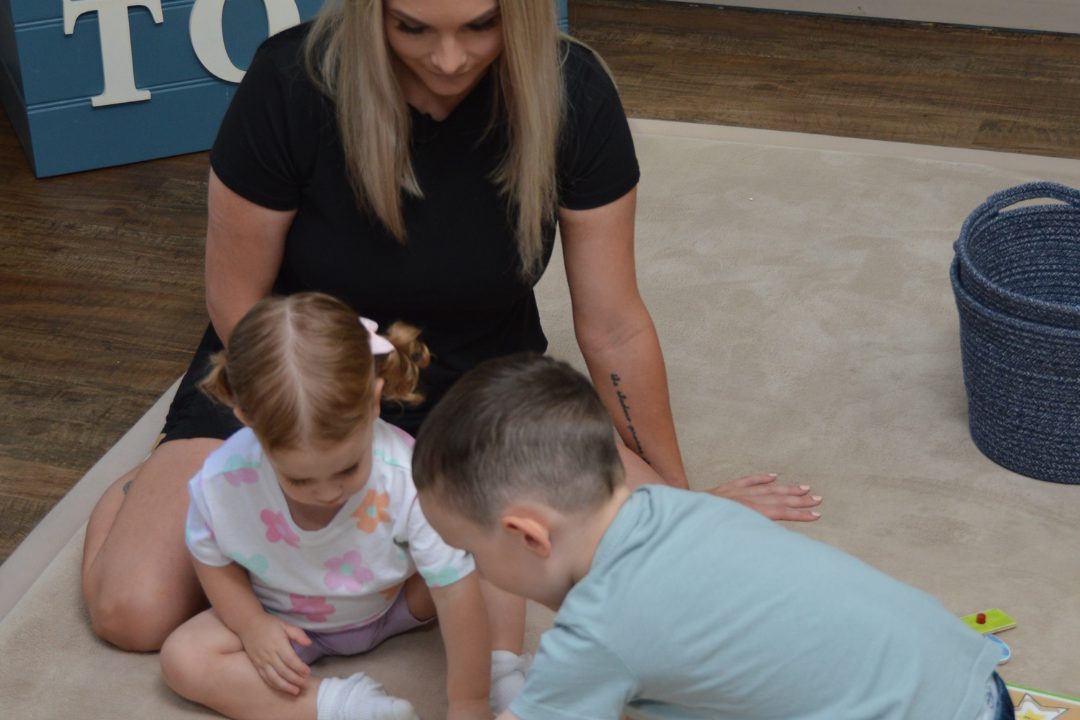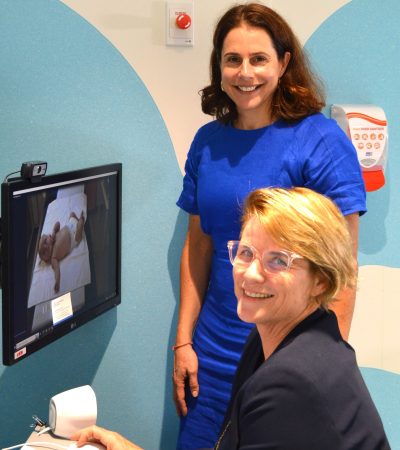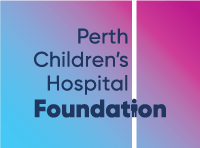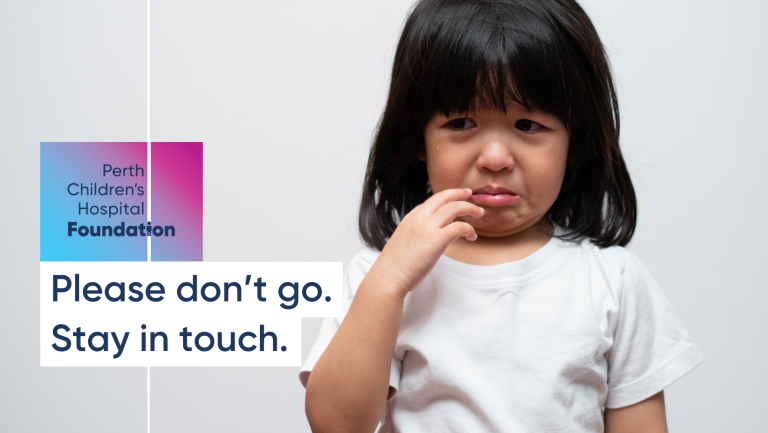
Early Moves: Major recruitment milestone for Aus-first study.
- Perth Children's Hospital Foundation
Early Moves: Major recruitment milestone for Aus-first study.
- Perth Children's Hospital Foundation
Patient recruitment is officially closed for Early Moves, one of the biggest and longest-running studies of its kind.
Around 3,000 babies were successfully recruited into the Australian-first study over the past four years, with researchers investigating whether a baby’s early movements can predict learning difficulties later in childhood.
The WA-led study – which is part-funded by PCHF with support from Principal Partner Mineral Resources (MinRes) via Channel 7 Telethon Trust – has the potential to change the landscape of early diagnosis for Australian families.
Participants receive assessments at two points in time during the project. Using a secure smart phone app to film their baby’s early movements during the first 14 weeks, parents send videos directly to specialist clinicians for review, conducting formal assessments of their baby’s movements to identify movement abnormalities.
The aim is for kids with cognitive delays, such as Global Developmental Delay or neurodevelopmental conditions such as Autism Spectrum Disorder, to be able to connect with care providers for ongoing support earlier.
Perth mum, Cheyenne Walker, has recruited all three of her children into the Early Moves study. Her oldest, Mason, was one of the first babies signed up and now his little sister and three-month-old brother are taking part too.
“It’s very easy to use, especially in the middle of sleep deprivation,” she said. “Being first-time parents there’s always that level of anxiety, am I doing it right? Is this what babies are supposed to do?
“However, no news was good news, and it gave us that little bit of extra reassurance that all was okay.”
“As an Early Moves funder, thanks to the support of MinRes via Telethon, it’s fantastic to hit this significant milestone. By testing new methods to diagnose learning difficulties in infants – during their most critical time for brain growth – we are one step closer to improving treatment and outcomes for kids both in WA and around the world,” PCHF CEO Carrick Robinson.
Prof. Catherine Elliott, of Curtin’s School of Allied Health and Director of Research at Telethon Kids Institute (TKI) said: “We know that the first 1,000 days of life is a critical time of neuroplasticity in a baby’s brain. Identifying delays at this early stage allows the opportunity for intervention at a time when a baby is most able to benefit.”
Prof. Jane Valentine, Co-Head, Kids Rehab Research WA at PCH said: “We are so pleased to achieve this milestone and offer this opportunity to WA families. We now have a rich data set from which to answer this very important research question, relating to early identification of cognitive development.”
“Early Moves is leading the way in early childhood health and MinRes is proud to support this Australian-first study as Principal Partner. This milestone is proof of the interest in Early Moves’ research, and we look forward to seeing it reach new heights – and help more WA families – in the years ahead,” – Jenna Mazza, MinRes Company Secretary.

Additionally, all participants receive an early screening for risk of cerebral palsy during the first phase of the study. At age two, participants then receive a developmental assessment to look at children’s cognitive, language and motor development.
The Early Moves research study will continue until November 2025, when the last group of babies turn two.
Acknowledgements: Early Moves is a collaboration with TKI’s the ORIGINS Project, and also receives funding via the National Health and Medical Research Council, Curtin University, West Australian Child Research Fund and the Cerebral Palsy Alliance.
Recruitment closed at two study sites earlier this year, including Joondalup Health Campus through TKI’s the ORIGINS Project and St John of God Midland Public and Private Hospital.

